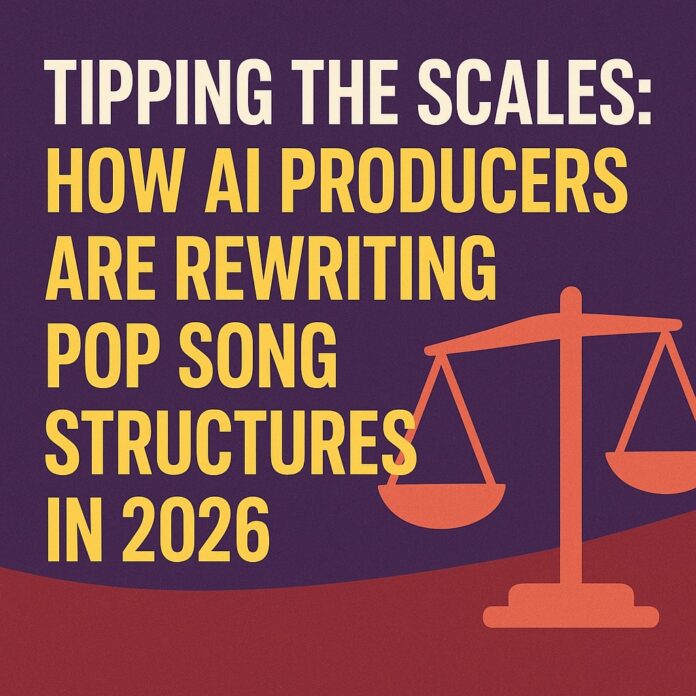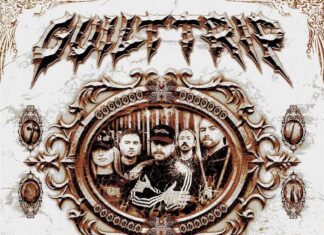
Tipping the Scales: How AI Producers Are Rewriting Pop Song Structures in 2026
In 2026, the music industry is undergoing one of its most transformative shifts since the rise of digital streaming. Artificial Intelligence isn’t just generating melodies or assisting with mastering tracks anymore—it’s actively reshaping how pop songs are written, structured, and consumed. From AI co-producers sitting in virtual studios to revolutionary songwriting formulas that respond to listener behavior in real time, the very DNA of pop music is evolving.
The Rise of AI Co-Producers
AI is no longer a behind-the-scenes tool. In today’s pop ecosystem, AI acts as a true co-producer, analyzing vast libraries of hits and creating song structures optimized for listener engagement. Instead of replacing human creativity, these AI systems provide a springboard—suggesting chord progressions, hooks, and even lyric phrasing that align with current trends.
Artists are now marketing songs as AI-assisted creations, and far from being a gimmick, this label has become a badge of innovation. Fans are curious to hear how machine intuition blends with human artistry.
New Songwriting Formulas: Shorter, Smarter, Stickier
Pop song structures have always followed certain formulas—verse, chorus, bridge—but AI is disrupting that tradition. Data shows that listeners decide within the first seven seconds whether to skip a track. AI co-producers are rewriting formulas to meet these behaviors:
- Front-loaded hooks: Many hits now open with the chorus or a micro-hook to instantly capture attention.
- Dynamic arrangements: AI tracks adjust the length of verses or choruses based on what streaming platforms report as “drop-off points.”
- Micro-bridges: Instead of long bridges, AI often inserts 10–15 second shifts in tone or tempo to re-engage distracted listeners.
This approach has created a wave of “algorithm-friendly” songs designed to maximize replayability and playlist inclusion.
Listener Reactions: Excitement Meets Skepticism
Audiences are split on the rise of AI-crafted pop. On one hand, fans praise the freshness of these structures, claiming AI helps avoid formula fatigue. Songs feel sharper, faster, and more in tune with the way people consume music in a TikTok-driven culture.
On the other hand, some listeners worry that music is becoming too optimized—stripped of the imperfections and unpredictability that make it human. Critics argue that by tailoring songs to algorithms, producers risk losing emotional depth.
What This Means for the Future of Pop
The debate around AI co-producers in 2026 echoes earlier concerns about autotune or digital sampling. What seemed controversial eventually became standard practice. With AI-driven songwriting formulas, the future of pop might not be a tug-of-war between machines and humans, but a collaboration where data-driven structures amplify human storytelling.
As AI continues to “tip the scales” in the industry, one thing is certain: pop music will never sound—or be written—the same way again.





















 🔥 Limited Time: Get 55% OFF All Plans - Ends in:
🔥 Limited Time: Get 55% OFF All Plans - Ends in: